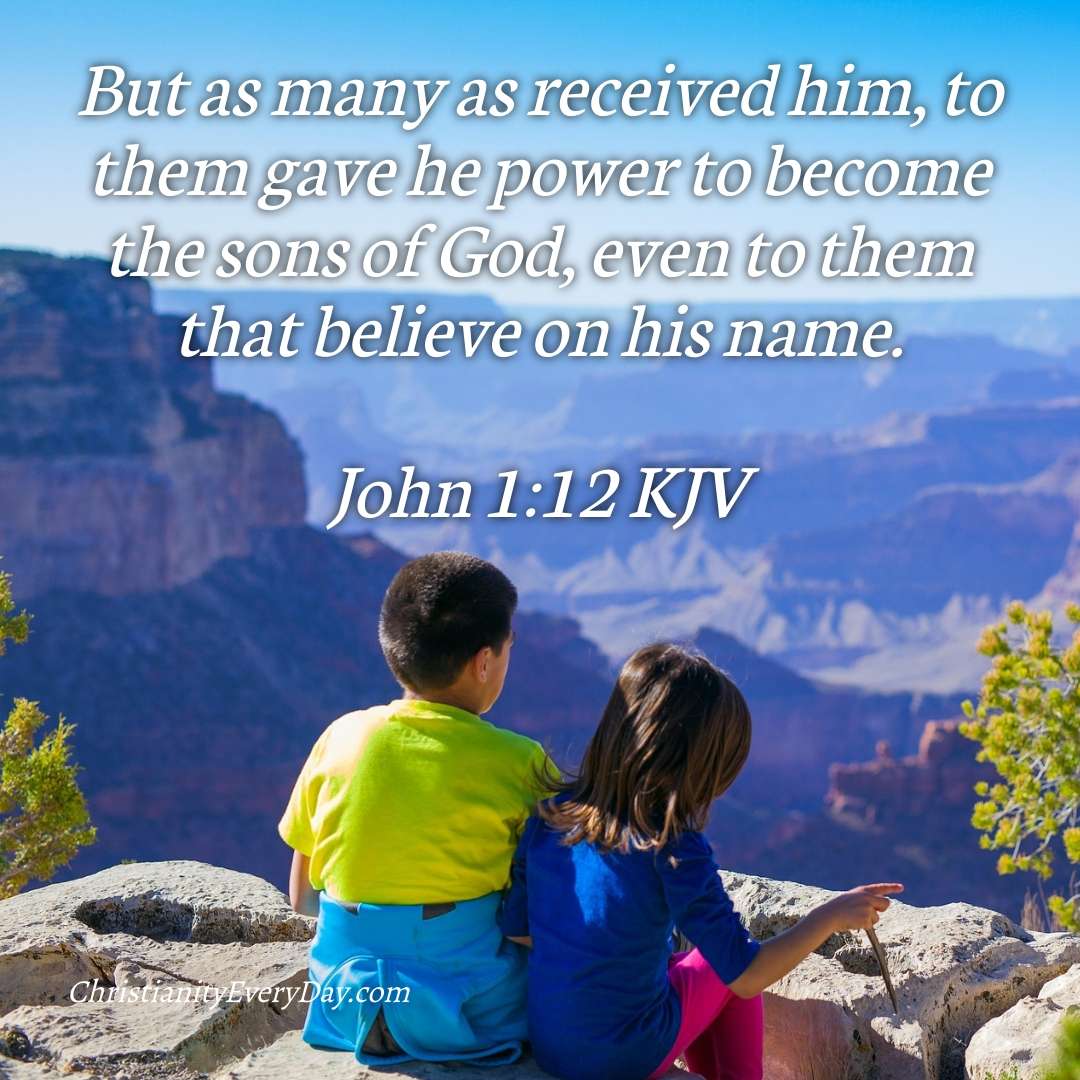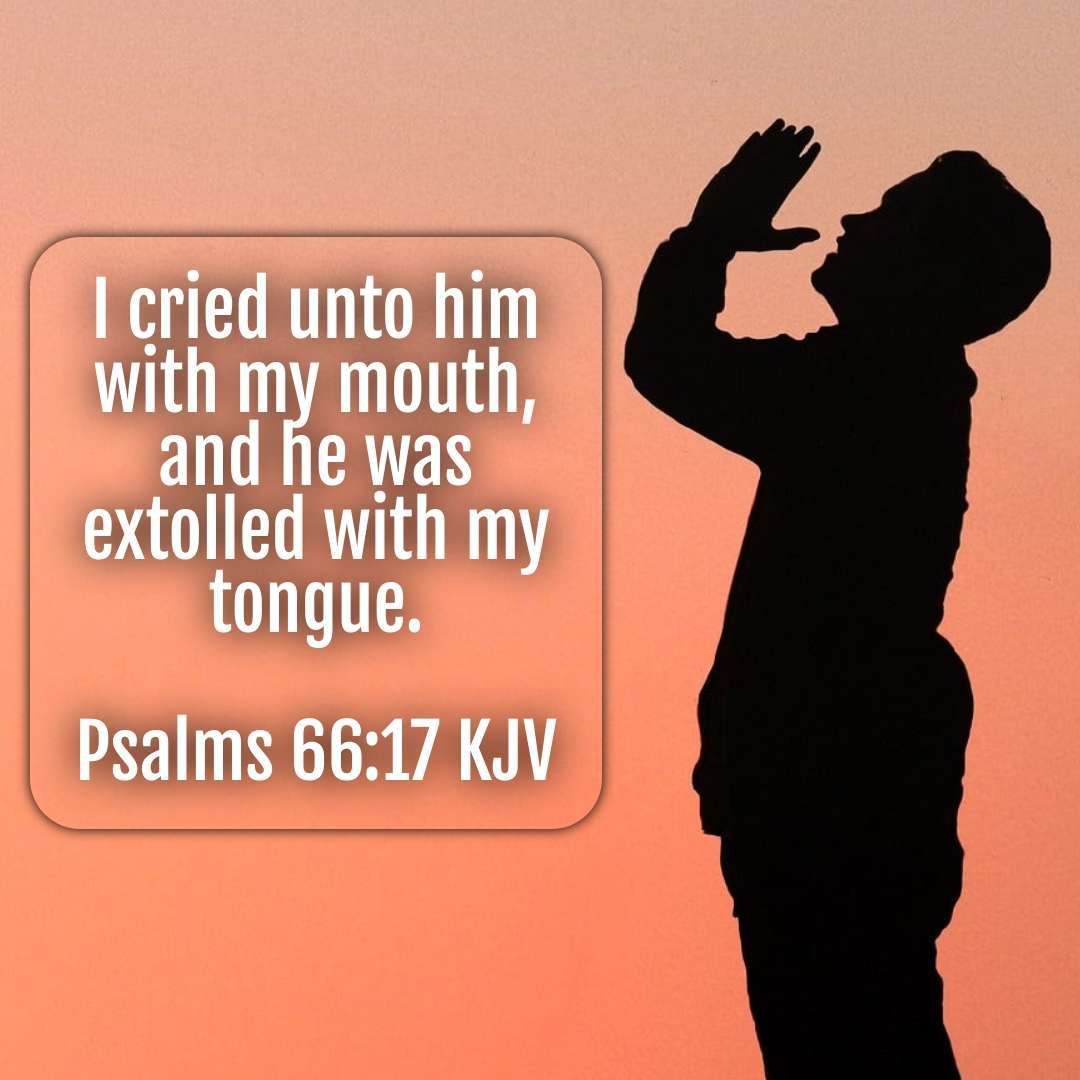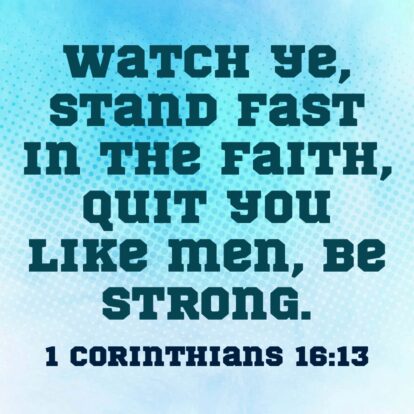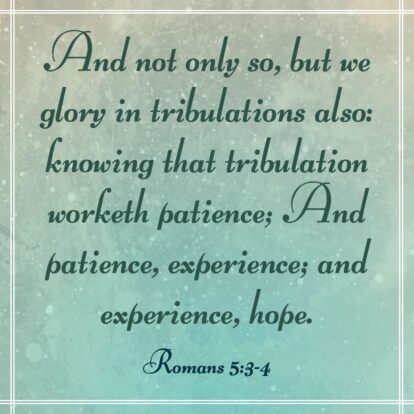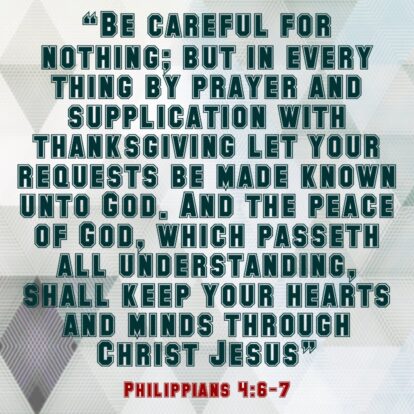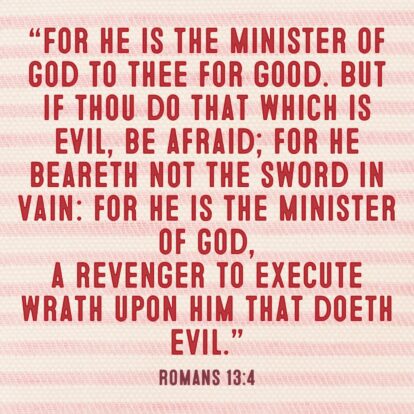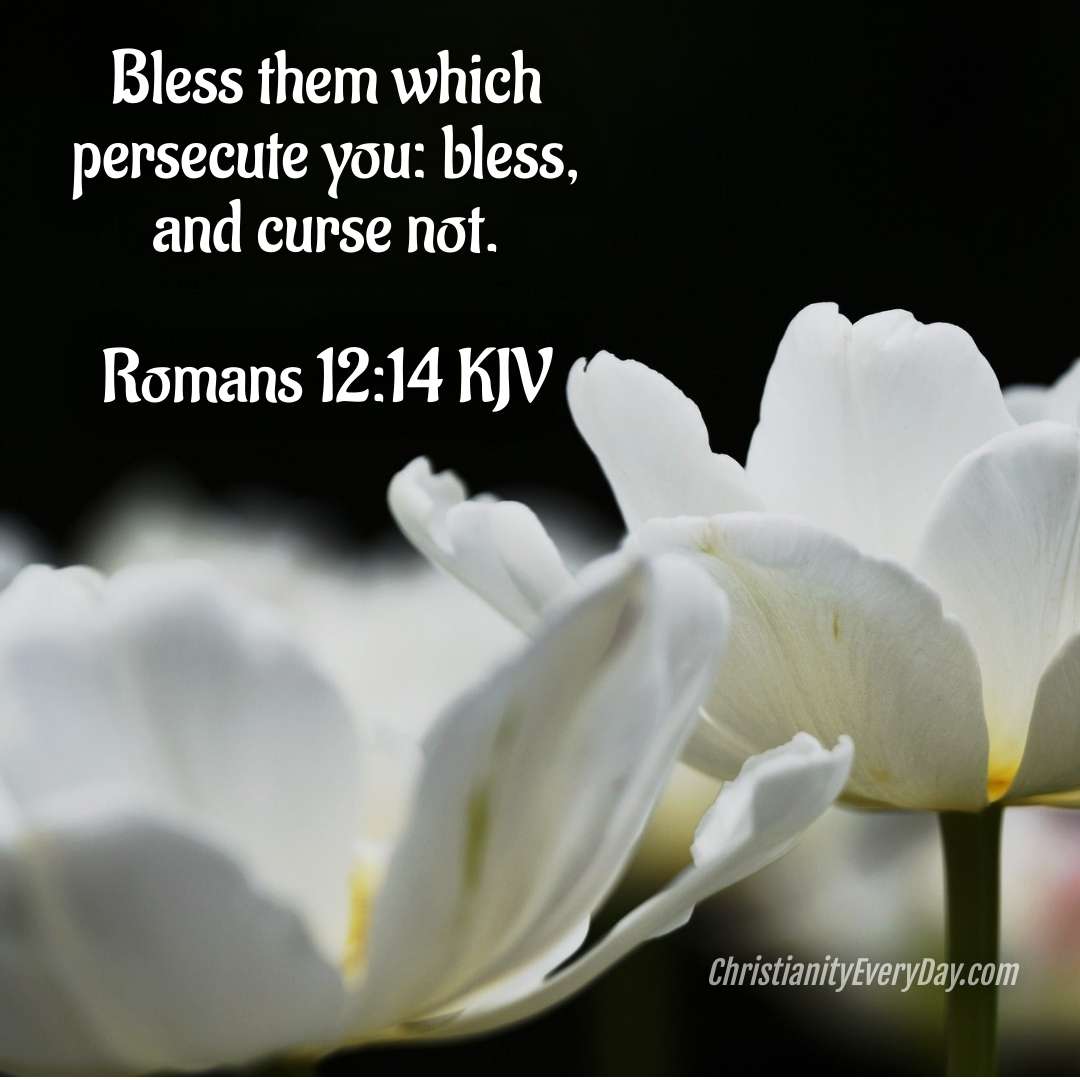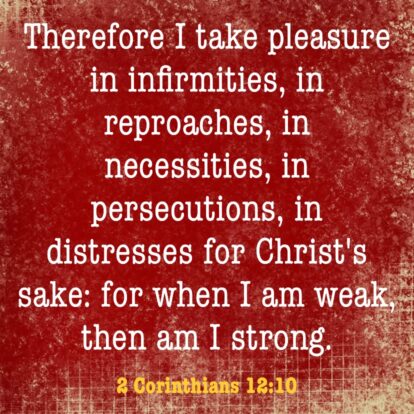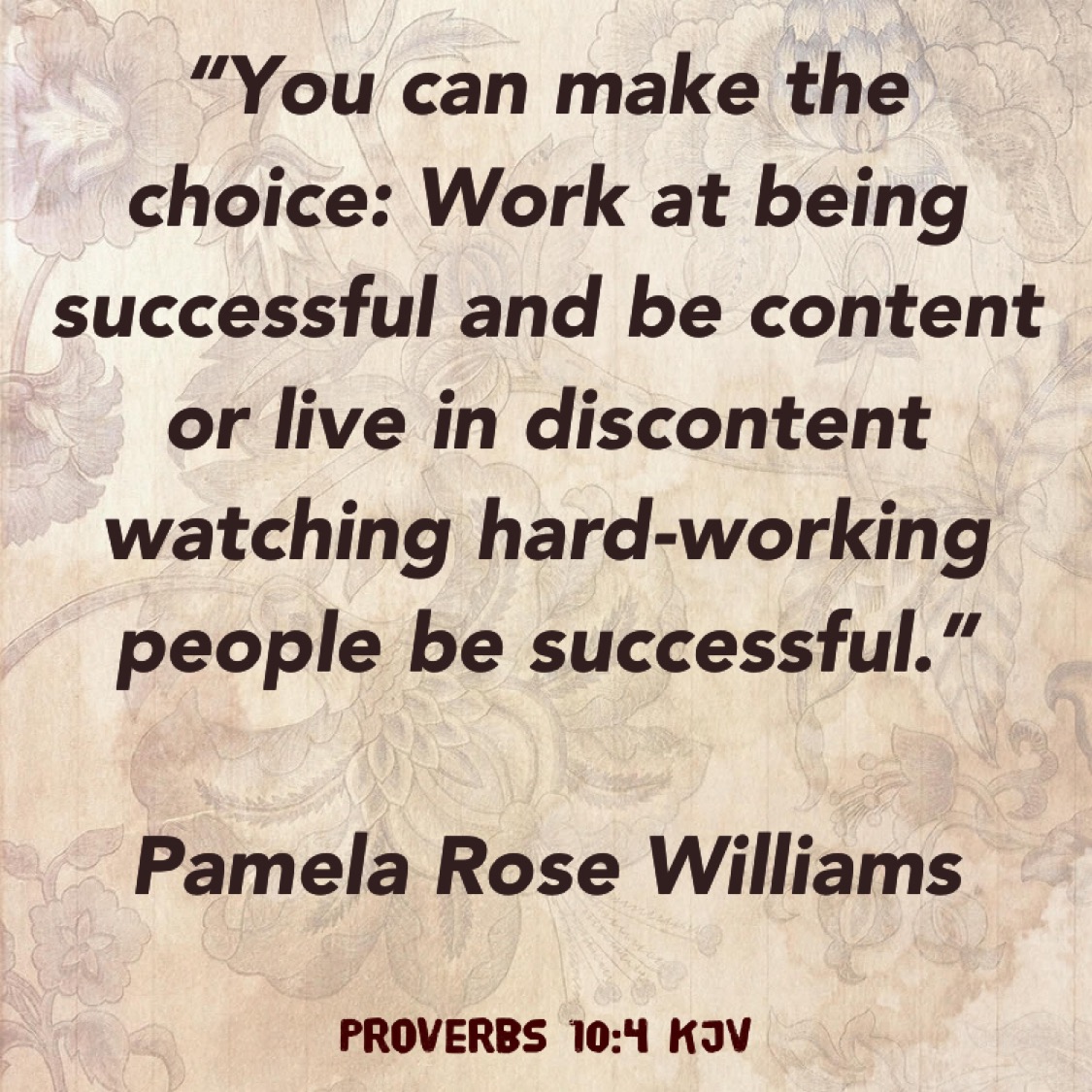Introduction
We live in a time of extreme conflict between countries, nation groups, organizations, and individuals. Managing this conflict is growing out of control due to the widespread belief that those who disagree should be pressured to agree or forcibly silenced. This totally ignores any commonly accepted conflict management processes in both professional and private settings. Jesus encountered and successfully managed lots of conflict during His life on earth so how can we be successful in managing conflict like Jesus?
What is conflict?
The word conflict is defined as follows using the Websters 1828 Dictionary (1):
CONFLICT, noun [Latin , to strike, to flog, to lick.] 1. A striking or dashing against each other, as of two moving bodies in opposition; violent collision of substances; as a conflict of elements, or waves…. 2. A fighting; combat, as between men, …or to armies… 3. Contention; strife; contest. 4. Struggling with difficulties; a striving to oppose or overcome. 5. A struggling of the mind; distress; anxiety.
What conflict did Jesus encounter?
There are many conflicts that Jesus encountered, but there is one particular incident in John 8:1-11 that occurred when Jesus demonstrated the whole process of managing conflict. In this incident, Jesus was challenged by religious authorities about how He would handle someone that was caught committing adultery. We see the beginning of what happened as follows:
John 8:1–5 “Jesus went unto the mount of Olives. 2 And early in the morning he came again into the temple, and all the people came unto him; and he sat down, and taught them. 3 And the scribes and Pharisees brought unto him a woman taken in adultery; and when they had set her in the midst, 4 They say unto him, Master, this woman was taken in adultery, in the very act. 5 Now Moses in the law commanded us, that such should be stoned: but what sayest thou?”
We see here that Jesus traveled from the Mount of Olives, where He spent the night, and went the temple early in the morning. As he came into the temple, people came up to Him and He sat down to teach them as He had done before (Luke 21:37-38), In the middle of His teaching, the scribes and Pharisees interrupted and brought in a woman they had in their custody and put her in the middle of everyone.
Needless to say, this was probably very disruptive, but what happened next was even more disruptive. They immediately addressed him as “Master” and then told Jesus in front of everyone that the woman was “taken in adultery, in the very act.” They followed by saying that Moses commanded in the law that someone caught doing such a thing should be stoned, after which they asked Jesus what he had to say about what should be done?
How did Jesus initially respond to the conflict?
Now imagine that if any of us ever was teaching a class and someone abruptly interrupted the class to talk about someone caught in adultery and challenged us to make a comment about it. We can be sure that most of us would be pretty shocked and possibly even upset. Our first thought might even be how inappropriate it was to interrupt a class to talk about a lewd subject. We might even be disturbed that the person caught doing it was drug into the class and put on display for all to see. We could then imagine how right away there would be words exchanged between those that dared do this and the instructor or those attending the class. And we can bet that the conversation would not be friendly.
However, we are talking about a situation here where the scribes and Pharisees interrupted a class with an Instructor (Jesus) and HIs students as they are learning about holy things inside the sacred temple of God! We can pretty much agree on the fact that this was way out of line and how we would probably respond if someone did this in a Sunday School class or Bible study at our church. But how did Jesus handle it? We see what Jesus did next as follows:
John 8:6–8 “This they said, tempting him, that they might have to accuse him. But Jesus stooped down, and with his finger wrote on the ground, as though he heard them not. 7 So when they continued asking him, he lifted up himself, and said unto them, He that is without sin among you, let him first cast a stone at her. 8 And again he stooped down and wrote on the ground.
Jesus quickly saw that they were trying to upset Him and get Him to say something or lose His temper so they can use it against Him. But what did Jesus do? He simply stooped down and started writing in the dirt like He did not hear them. Now there has been a lot of unbiblical speculation about what He wrote in the dirt, but that is not important. The group continued to pressure Him into answering until finally Jesus stood up. Expecting Jesus to say something that they could use against Him, He simply stood up and dismissed their efforts by saying, “He that is without sin among you, let him first cast a stone at her.”
What effect did Jesus’ response have on the accusers?
We can imagine that was not the response they expected and now they faced the challenge of what they were going to do about it. We can be confident that these scribes and Pharisees, who were experts of the law, were thinking what they should do and Deuteronomy 17:2-13 was running through their minds. For they were well aware of they were commanded to do in these situations as follows:
Deuteronomy 17:2–7 “If there be found among you, within any of thy gates which the LORD thy God giveth thee, man or woman, that hath wrought wickedness in the sight of the LORD thy God, in transgressing his covenant, 3 And hath gone and served other gods, and worshipped them, either the sun, or moon, or any of the host of heaven, which I have not commanded; 4 And it be told thee, and thou hast heard of it, and inquired diligently, and, behold, it be true, and the thing certain, that such abomination is wrought in Israel: 5 Then shalt thou bring forth that man or that woman, which have committed that wicked thing, unto thy gates, even that man or that woman, and shalt stone them with stones, till they die. 6 At the mouth of two witnesses, or three witnesses, shall he that is worthy of death be put to death; but at the mouth of one witness he shall not be put to death. 7 The hands of the witnesses shall be first upon him to put him to death, and afterward the hands of all the people. So thou shalt put the evil away from among you.”
We see here that they followed the commandment to investigate and charge the woman with adultery and even agreed among themselves that she should be stoned. However, there is more to this commandment that they knew they were required to do as follows:
Deuteronomy 17:9–13 “And thou shalt come unto the priests the Levites, and unto the judge that shall be in those days, and inquire; and they shall shew thee the sentence of judgment: 10 And thou shalt do according to the sentence, which they of that place which the LORD shall choose shall shew thee; and thou shalt observe to do according to all that they inform thee: 11 According to the sentence of the law which they shall teach thee, and according to the judgment which they shall tell thee, thou shalt do: thou shalt not decline from the sentence which they shall shew thee, to the right hand, nor to the left. 12 And the man that will do presumptuously, and will not hearken unto the priest that standeth to minister there before the LORD thy God, or unto the judge, even that man shall die: and thou shalt put away the evil from Israel. 13 And all the people shall hear, and fear, and do no more presumptuously.”
This passage of Scripture commands that they bring the woman to a priest of the Levites for judgment and that the priest will judge what should be done. Then they are commanded to carry out the judgment without hesitation. They are also commanded that if they “will do presumptuously, and will not hearken unto the priest that standeth to minister there before the LORD thy God, or unto the judge, even that man shall die” (Deuteronomy 17:12).
What was it that caused the conflict to be resolved?
In this situation, they were scribes and Pharisees. They did not carry out a trial based on evidence, nor get a “court order” from the priest to carry out the execution after being found guilty. Instead, they brought the case to Jesus, Who was not serving as a Priest in the temple, and they did not present any evidence. Instead, they “presumptuously” brough the case to Jesus claiming they caught her in the act and wanted Him to convict her and order her stoning without a trial! They wanted a “show trial” so that they could accuse Jesus of judging the woman worthy of death without any authority or evidence.
In other words, they were trying to use “lawfare”, or legal warfare, against Jesus to tempt Him into doing something illegal. However, Jesus’ response was with the words, “He that is without sin among you, let him first cast a stone at her” putting the responsibility back on them to find a perfect judge as is ceremoniously believed of a priest when they make a judgment on God’s law wearing the priestly garb. Furthermore, he used the words, “Let him first cast a stone…” which is putting the responsibility back on an actual judge to carry out the sentence and not Himself.
From here we see that Jesus stooped back down to the ground and continued writing in the dirt. We then see from this point that Jesus stayed down until one-by-one the scribes and Pharisees got convicted they were wrong and in danger of being punished by the law and left, as follows:
John 8:9 “And they which heard it, being convicted by their own conscience, went out one by one, beginning at the eldest, even unto the last: and Jesus was left alone, and the woman standing in the midst.”
What did Jesus do after the conflict to normalize things?
Jesus then turned to the woman accused of adultery. He understood that she was probably terrified and at a loss as to what was going to happen next. Jesus stood up and calmly spoke to her:
John 8:10-11 “When Jesus had lifted up himself, and saw none but the woman, he said unto her, Woman, where are those thine accusers? hath no man condemned thee? 11 She said, No man, Lord. And Jesus said unto her, Neither do I condemn thee: go, and sin no more.”
From here Jesus acknowledged that the woman understood that she was not condemned by the men in the mob and that neither did He condemn her. However, Jesus added one last thing to help set her to do the right thing moving forward in her life. He said, “Go and sin no more.” With these words, Jesus inspired her to take the salvation He just provided for her to be motivated by thankfulness to start a new life living righteously out of love and gratitude for what Jesus did for her.
What have we learned about managing conflict like Jesus?
1. We recognize that conflict and fits of rage are rooted in sinful nature and anger:
-
- Genesis 4:3-8 “And in process of time it came to pass, that Cain brought of the fruit of the ground an offering unto the LORD. And Abel, he also brought of the firstlings of his flock and of the fat thereof. And the LORD had respect unto Abel and to his offering: But unto Cain and to his offering he had not respect. And Cain was very wroth, and his countenance fell. And the LORD said unto Cain, Why art thou wroth? and why is thy countenance fallen? If thou doest well, shalt thou not be accepted? and if thou doest not well, sin lieth at the door. And unto thee shall be his desire, and thou shalt rule over him. And Cain talked with Abel his brother: and it came to pass, when they were in the field, that Cain rose up against Abel his brother, and slew him.”
- Galatians 5:19-21 “Now the works of the flesh are manifest, which are these; Adultery, fornication, uncleanness, lasciviousness, Idolatry, witchcraft, hatred, variance, emulations, wrath, strife, seditions, heresies, Envyings, murders, drunkenness, revellings, and such like: of the which I tell you before, as I have also told you in time past, that they which do such things shall not inherit the kingdom of God.”
2. We need to be saved so that we have the ability to read God’s Word and understand conflict and the power to overcome it:
-
- 1 Corinthians 2:14–16 “But the natural man receiveth not the things of the Spirit of God: for they are foolishness unto him: neither can he know them, because they are spiritually discerned. 15 But he that is spiritual judgeth all things, yet he himself is judged of no man. For who hath known the mind of the Lord, that he may instruct him? But we have the mind of Christ.”
- Romans 3:20 “Therefore by the deeds of the law there shall no flesh be justified in his sight: for by the law is the knowledge of sin.”
- Romans 6:23 “For the wages of sin is death; but the gift of God is eternal life through Jesus Christ our Lord.”
3. We assess the situation and see what happened and what Scripture applies
-
- We examine the situation and gather subjective and objective information. Subjective information is general observations about the situation. Objective information is measurable information about the situation.
- Deuteronomy 10:12–13 “And now, Israel, what doth the LORD thy God require of thee, but to fear the LORD thy God, to walk in all his ways, and to love him, and to serve the LORD thy God with all thy heart and with all thy soul, 13 To keep the commandments of the LORD, and his statutes, which I command thee this day for thy good?”
- James 1:12–15 “Blessed is the man that endureth temptation: for when he is tried, he shall receive the crown of life, which the Lord hath promised to them that love him. 13 Let no man say when he is tempted, I am tempted of God: for God cannot be tempted with evil, neither tempteth he any man: 14 But every man is tempted, when he is drawn away of his own lust, and enticed. 15 Then when lust hath conceived, it bringeth forth sin: and sin, when it is finished, bringeth forth death.”
- We examine the situation and gather subjective and objective information. Subjective information is general observations about the situation. Objective information is measurable information about the situation.
4. We modify our behaviors through scriptural guidance
-
-
Be slow to become angry
- Proverbs 14:16-17 “A wise man feareth, and departeth from evil: but the fool rageth, and is confident. He that is soon angry dealeth foolishly: and a man of wicked devices is hated.”
- Proverbs 14:29 “He that is slow to wrath is of great understanding: but he that is hasty of spirit exalteth folly.”
- James 1:19-20 “Wherefore, my beloved brethren, let every man be swift to hear, slow to speak, slow to wrath: For the wrath of man worketh not the righteousness of God.”
-
Love covers a multitude of sins and overlooks many offenses
- Proverbs 10:12 “Hatred stirreth up strifes: but love covereth all sins.”
- Proverbs 12:16 “A fool’s wrath is presently known: but a prudent man covereth shame.”
- Proverbs 17:9 “He that covereth a transgression seeketh love; but he that repeateth a matter separateth very friends.”
- Proverbs 19:11 The discretion of a man deferreth his anger; and it is his glory to pass over a transgression.
- 1 Peter 4:8 “And above all things have fervent charity among yourselves: for charity shall cover the multitude of sins.”
-
Seek the way of love
- 1 Corinthians 13:4-5 “Charity suffereth long, and is kind; charity envieth not; charity vaunteth not itself, is not puffed up, Doth not behave itself unseemly, seeketh not her own, is not easily provoked, thinketh no evil;”
-
Hot words stir up strife and conflict
- Proverbs 15:1 “A soft answer turneth away wrath: but grievous words stir up anger.”
-
-
- A hot temper creates strife and division
- Proverbs 15:18 “A wrathful man stirreth up strife: but he that is slow to anger appeaseth strife.”
-
Do not associate with hot-tempered people
- Proverbs 22:24-25 “Make no friendship with an angry man; and with a furious man thou shalt not go: Lest thou learn his ways and get a snare to thy soul.”
-
Practice self-control
- Proverbs 25:28 (KJV). “He that hath no rule over his own spirit is like a city that is broken down, and without walls.”
- Proverbs 29:22 (KJV). “An angry man stirreth up strife, and a furious man aboundeth in transgression.”
- Proverbs 30:33 (KJV). “Surely the churning of milk bringeth forth butter, and the wringing of the nose bringeth forth blood: so the forcing of wrath bringeth forth strife.”
- A hot temper creates strife and division
5. Rely on the Holy Spirit for positive change
-
-
- Galatians 5:22-25 “But the fruit of the Spirit is love, joy, peace, longsuffering, gentleness, goodness, faith, Meekness, temperance: against such there is no law. And they that are Christ’s have crucified the flesh with the affections and lusts. If we live in the Spirit, let us also walk in the Spirit.
- Colossians 3:8 “But now ye also put off all these; anger, wrath, malice, blasphemy, filthy communication out of your mouth.”
-
Handle anger in a godly way. Do not let the sun go down on your anger
- Ephesians 4:26 “Be ye angry, and sin not: let not the sun go down upon your wrath:”
-
Jesus said that one who is angry with his brother without a cause will be subject to judgment
- Matthew 5:21-22 “Ye have heard that it was said by them of old time, Thou shalt not kill; and whosoever shall kill shall be in danger of the judgment: But I say unto you, That whosoever is angry with his brother without a cause shall be in danger of the judgment: and whosoever shall say to his brother, Raca, shall be in danger of the council: but whosoever shall say, Thou fool, shall be in danger of hell fire.”
-
Final Thoughts
It should be clear that conflict is complex and difficult to manage because it is rooted in our sinful glorification of self. For this reason, we must focus on spending time in God’s Word to convict us, hide His Words in our heart, and consistently ask God to help us through each situation, keeping in mind what He would want us to do. With this being said, if at all possible, directly quote the Word of God as points are being made. This is very useful when people are trying to argue a point and you respond with nothing but Bible verses that address the situation. This is especially effective in online conversations about topics. In this case you can literally copy and paste Scripture, and you will see the Scriptures become the body of the conversation. In cases where people are insisting on arguing, they often get fed up and stop arguing because every comment is defended by Scripture. The amazing thing is that most of the time, Scripture ends the conflict discussion.
We must also realize that sometimes, the only solution we have, is separating ourselves from those that insist on forcing us to conform to their way of thinking. Remember, the conflict is bigger than us. It is rooted in good and evil manifestations of Satan against God. For this reason, we must be prepared to do everything we can to positively influence others for Christ because pleasing Him is what is most important. On the other hand, we must always be ready to separate ourselves as completely as needed as advised in Romans 16:17-20:
“Now I beseech you, brethren, mark them which cause divisions and offences contrary to the doctrine which ye have learned; and avoid them. For they that are such serve not our Lord Jesus Christ, but their own belly; and by good words and fair speeches deceive the hearts of the simple. For your obedience is come abroad unto all men. I am glad therefore on your behalf: but yet I would have you wise unto that which is good, and simple concerning evil. And the God of peace shall bruise Satan under your feet shortly. The grace of our Lord Jesus Christ be with you. Amen.”
(1) Websters 1828 Dictionary – Conflict

Dr. Michael L. Williams, Head of Ministry Operations and Technology at Christianity Every Day, is a Christ-centered Author, Educator, Biblical Counselor and Advisor. He is ordained in Pastoral Ministry and formerly the founding Pastor of Selah Mountain Ministries, a church started along with his wife, Pamela Rose, after several years of pastoral experience and training in Biblical Counseling. Selah Mountain provided Biblical counseling and education to the public on how to overcome life issues Biblically on topics such as anger management, marriage, addictions, and other subjects – often referred to as mental illnesses. To learn more about Dr. Mike visit the About page.














